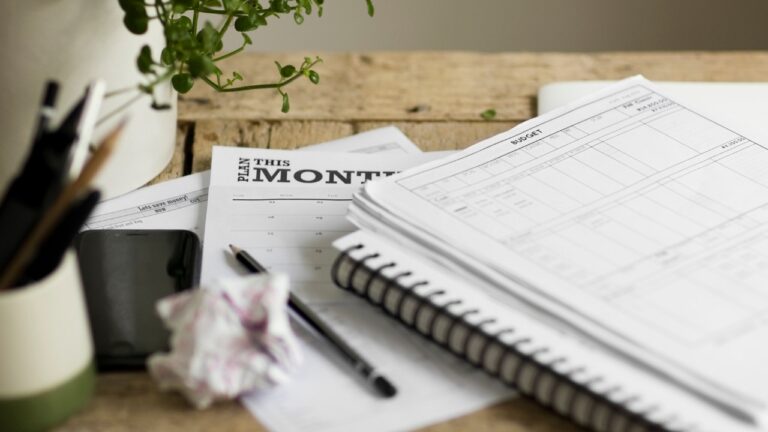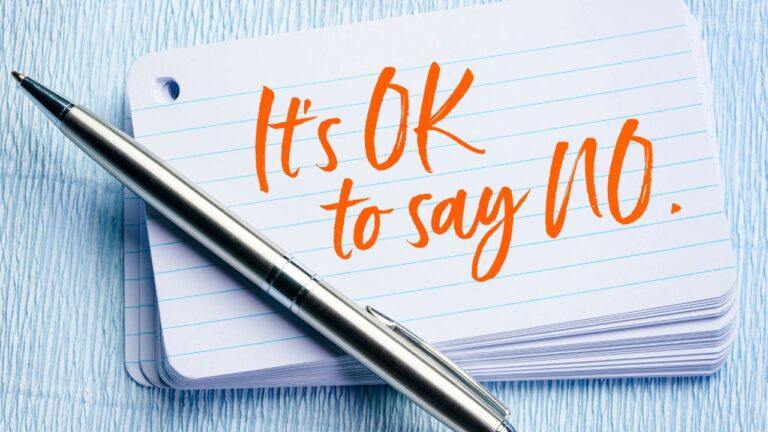11 Best Pay Off Debt Planners To Keep Finances On Track
Welcome to our blog, where we believe that managing your finances should be as simple as it is essential. This is your guide to the best pay off debt planners.
If you’re on a mission to pay off debt and regain control of your financial future, you’re in the right place.
In this article, we’ve compiled a list of the best pay off debt planners, designed to be your trusted companions on the journey to financial freedom. These will help to stick to your budget.
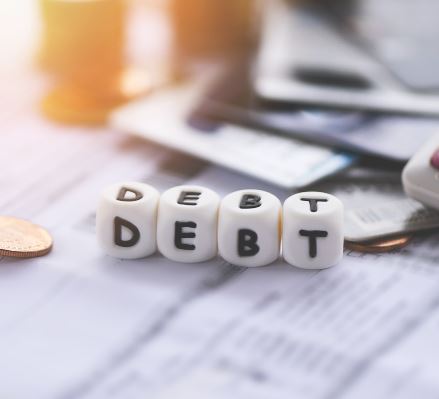
These planners are not just tools; they’re strategic allies in helping you stay on track, visualize progress, and achieve your debt-free goals.
Let’s dive into the facts and explore how these planners can be your roadmap to a more secure financial future.
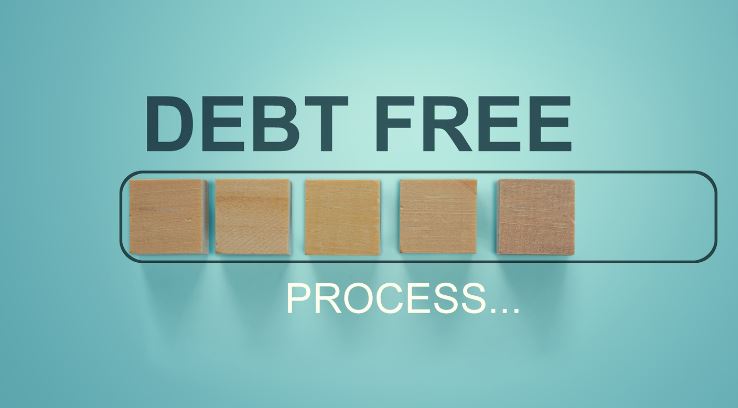
Best pay off debt planners
1. GoGirl Payment tracker
2. Excel debt dashboard
3. Google sheet debt payoff
4 Simple debt payoff planner
5. Budget by paycheck system
6. Budget pay off debt planner
7. Regolden monthly bill tracker
8. Debt snowball calculator
9. Debt payoff spreadsheet
10. Paperback debt payoff book
11. Debt payoff logbook
Tips for paying off debt
Create a Budget: Start by understanding your monthly income and listing all your expenses.
Categorize them into necessities (e.g., rent, utilities, groceries) and non-essentials (e.g., entertainment, dining out).
This will give you a clear picture of where your money is going and help you identify areas where you can cut back. You can do this by grabbing a cheap budget planner to get started.

Prioritize Debts: Make a list of all your outstanding debts, including credit cards, loans, and any other obligations.
Prioritize them based on interest rates or outstanding balances. Consider tackling high-interest debts first to minimize the overall amount you’ll pay over time.
Set Realistic Goals: Establish achievable and specific goals for paying off your bills. Break down larger debts into manageable monthly targets.
Setting realistic goals will make the process more manageable and motivate you to stay on track.
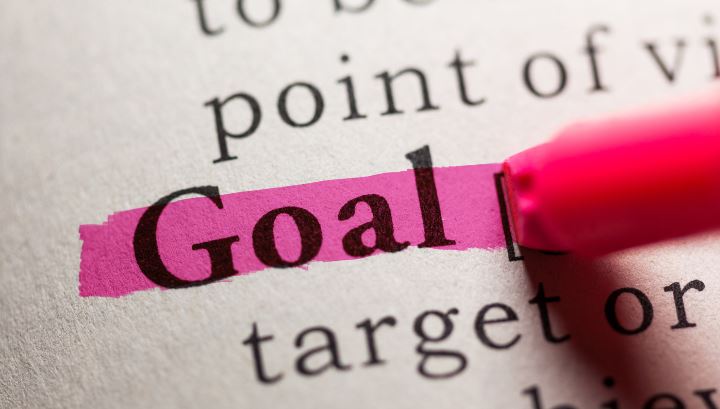
Cut Unnecessary Expenses: Identify and cut out non-essential expenses from your budget. This might include subscription services, impulse purchases, or dining out frequently.
Redirect the money saved towards paying off your bills. Small sacrifices can lead to significant financial gains over time.
Negotiate with Creditors: If you’re struggling to meet your financial obligations, don’t hesitate to reach out to your creditors. Explain your situation and inquire about possible options, such as lower interest rates, extended repayment terms, or temporary relief.
Many creditors are willing to work with you to find a solution that suits both parties.
FAQ’s about using a debt planner
What is a debt planner, and how does it work?
A debt planner is a tool designed to help you manage and pay off your debts systematically. It typically involves organizing your debts, setting up a repayment strategy, and tracking your progress.
These planners may include features such as budgeting, goal-setting, and visualization tools to aid in your financial journey.

How can a debt planner benefit me in paying off my debts?
A debt planner provides a structured approach to debt repayment. It helps you prioritize debts, set realistic goals, and monitor your progress.
By having a clear overview of your financial situation, you can make informed decisions, stay motivated, and ultimately accelerate your journey to becoming debt-free.
Are there different types of debt planners available?
Yes, there are various types of debt planners, ranging from digital apps to printable templates. Some focus solely on debt repayment, while others integrate budgeting and financial goal-setting features.
Choosing the right one depends on your preferences and the level of detail you want in managing your finances.
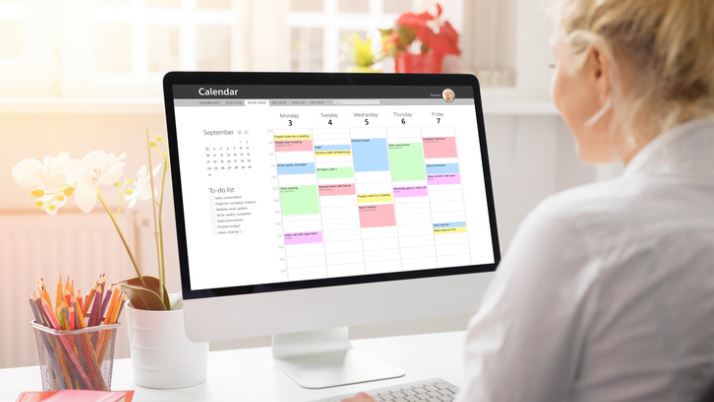
Do I need to be tech-savvy to use a digital debt planner?
Most digital debt planners are designed to be user-friendly, with intuitive interfaces. You don’t need advanced technical skills to use them.
Many apps provide step-by-step guidance and tutorials to help you get started. If you prefer a non-digital approach, printable debt planners are also available for a more traditional method.
Can a debt planner help me save money while paying off debts?
Yes, many debt planners incorporate budgeting features that can help you identify areas where you can cut back on expenses.
By creating a realistic budget and sticking to it, you can allocate more funds towards debt repayment and potentially save money in the long run by reducing interest payments.
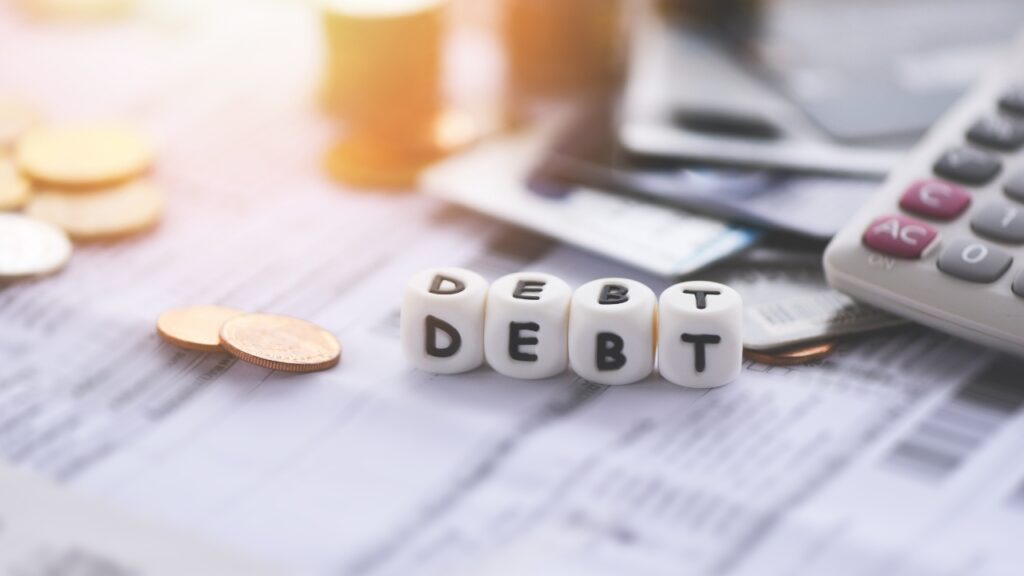
Remember, the key to successfully paying off bills is consistency and discipline, especially when you are needing a budget if you are self-employed or wanting to reach your savings goals.
Celebrate your achievements along the way, no matter how small, and stay committed to your monthly goals.
Thank you for joining us on this exploration of the best pay off debt planners. We hope this guide equips you with the knowledge and tools to navigate your financial journey with confidence.
Remember, taking control of your finances is a powerful step towards a more secure future. If you found this information valuable, stay tuned for more practical insights on our blog. Here’s to your financial success – thanks for reading!


